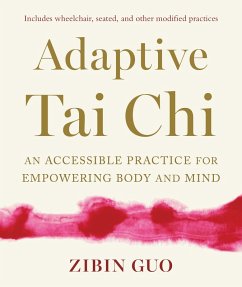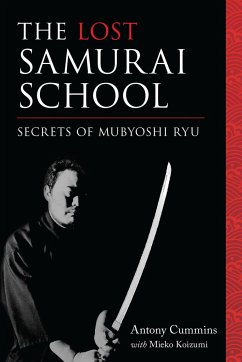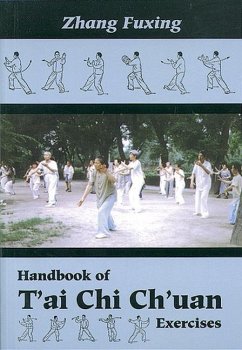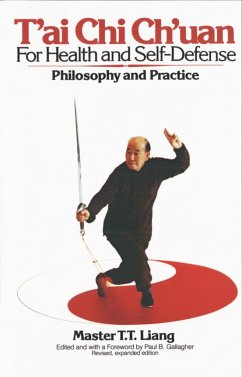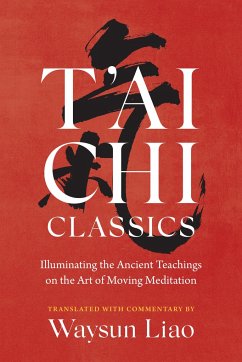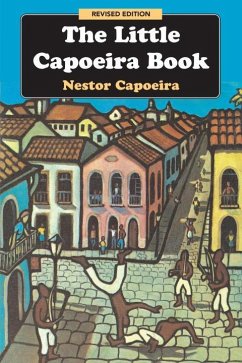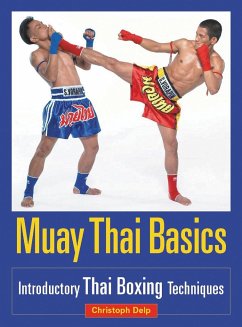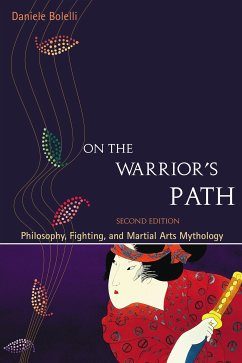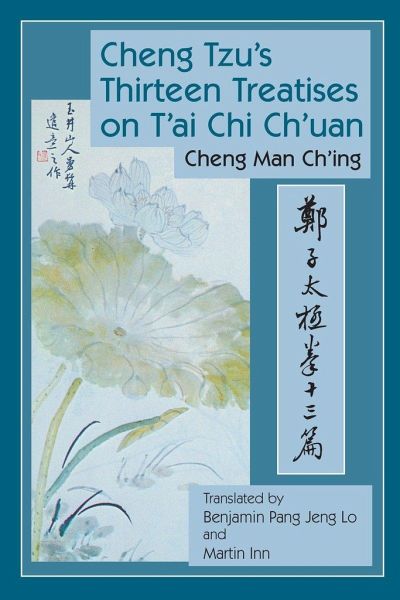
Cheng Tzu's Thirteen Treatises on t'Ai CHI Ch'uan
Versandkostenfrei!
Versandfertig in 2-4 Wochen
25,99 €
inkl. MwSt.

PAYBACK Punkte
13 °P sammeln!
Millions of people worldwide practice t’ai chi, the most popular form of which was codified beginning in the 1960s by Cheng Man Ch’ing. In this scholarly yet practical book, Professor Cheng shows precisely how the postures and moves of t’ai chi work, with examples from anatomy and physics, both internally as energetic principles and externally on opponents. He clarifies the spheres, triangles, and centripetal and centrifugal forces within physical exchanges such as push-hands. Contrasting Western and Chinese techniques of healing, he also explores the relationships of organs to one anoth...
Millions of people worldwide practice t’ai chi, the most popular form of which was codified beginning in the 1960s by Cheng Man Ch’ing. In this scholarly yet practical book, Professor Cheng shows precisely how the postures and moves of t’ai chi work, with examples from anatomy and physics, both internally as energetic principles and externally on opponents. He clarifies the spheres, triangles, and centripetal and centrifugal forces within physical exchanges such as push-hands. Contrasting Western and Chinese techniques of healing, he also explores the relationships of organs to one another in pathology and the necessary dynamics of treatment. Professor Cheng explains how the practitioner may serve as his or her own doctor and, likewise, as the physician or trainer of an attacker. The martial arts, he says, are not a special case of unusual power, simply an aspect of adapting natural and cosmic law to circumstance. This edition of the classic text contains 13 major essays; oral secrets from Cheng’s teacher Yang Cheng’fu; a Q&A with commentary on martial arts classics; the author’s application and functions of each of the 37 postures of the short form, with the original photographs of him as a young man; two prefaces; and much more.
Dieser Artikel kann nur an eine deutsche Lieferadresse ausgeliefert werden.



